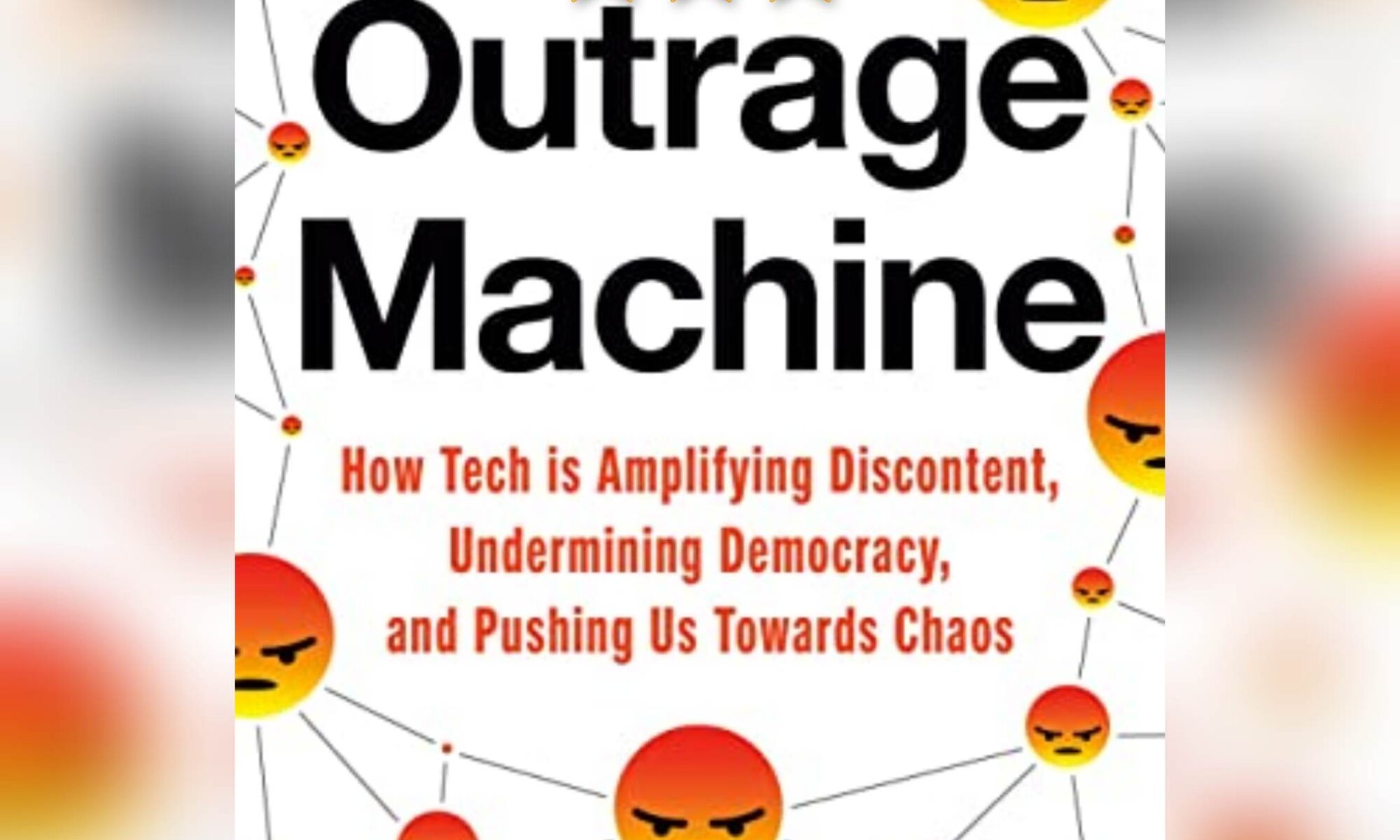Strong Claims Need Strong Documentation. Ultimately, the greatest weakness of this book comes down to the title of the review – and the reason for both star deductions here. The text is barely documented at all, coming in at just 10% or so of the overall text – well below the 20-30% which is more typical in my extensive experience reading advance reviewer copies of nonfiction texts. Though as I’ve begun noting of late, I may need to revise that expectation down a touch – to 15%, not 10%. The other star deduction comes from the other part of the title – while the overall premise about the titular Outrage Machine seems sound and the explanations directly on it seem fairly spot-on, Rose-Stockwell uses the sciences, history, and even semi-current events in a way that actually brings to mind the practice rampant in the Christian nonfiction space known as “prooftexting”, wherein Bible verses are cited outside of their context, and often even contrary to their original context, in “proof” of some point or another. Here, Rose-Stockwell does this with the sciences and history, both near and far. Yes, many of the examples he cites seem at least somewhat relevant, but even in the most relevant of them (such as his discussion of COVID), he ignores and even denigrates needed context which deviates from his intention. At other times, he simply gets the needed context quite wrong, which was particularly noticeable in his treatment of some of the issues surrounding the Founding of the United States and which other, far more well documented, texts have explored in much more and more even depth.
All of this noted, to be crystal clear, this really is an important book that when focusing on its central premise of the Outrage Machine and how it works both now and throughout history, is actually quite good. I was simply hoping for a better argued, perhaps slightly more academically rigorous, explanation of the topic at hand – and this is almost more of a memoir form of discussing how Rose-Stockwell realized the idea himself and came to explain it to himself, if that makes any sense. But again, truly an important work that can legitimately add to the overall discussion, and thus recommended.
This review of Outrage Machine by Tobias Rose-Stockwell was originally written on May 2, 2023.


